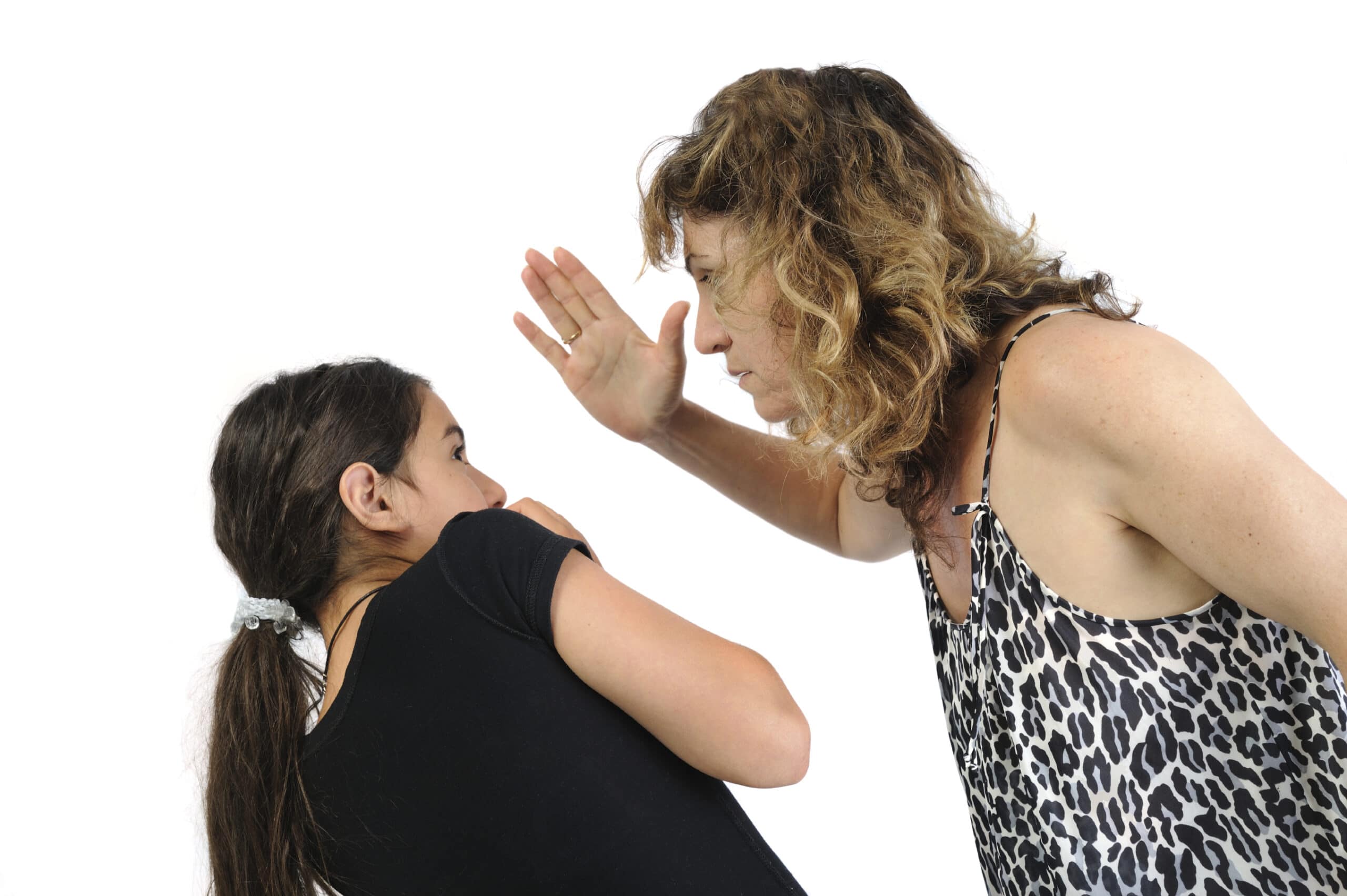Health
Slapping Children May Cause Deafness, Trauma, Emotional Harm – Paediatricians

- Slapping children may cause memory loss, deafness, and paralysis, warn experts.
- Physical punishment leads to emotional issues like PTSD and anxiety.
- Paediatricians recommend positive reinforcement and time-outs as alternatives.
They expressed concerns about the hidden dangers of physical punishment, particularly for children under the age of five, urging parents and caregivers to adopt alternative methods that do not harm or injure children.
EKO HOT BLOG reports that this warning follows a recent viral video showing a teacher, Stella Nwadigo, physically assaulting a three-year-old pupil, Abayomi Michael, at Christ-Mitots International School in Ikorodu, Lagos State.
In the footage, Nwadigo was seen repeatedly slapping the child during a writing lesson while instructing him on how to write the figure six.
The video ignited widespread outrage, with Nigerians condemning the act and demanding the teacher’s prosecution, which ultimately led to her arrest.
EDITOR’S PICKS
- El-Rufai Denies Joining PDP, Threatens Legal Action Over Fake News
- Marketers to Begin Lifting Petrol from Port Harcourt Refinery This Week – PETROAN
- Nigerians Express Frustration as Transport Fares Remain High Despite Petrol Price Reduction
Reacting to the incident, child health experts described physical punishment as a dangerous and ineffective method of correcting behavior, cautioning that it can have lasting consequences on a child’s physical, emotional, and psychological well-being.
According to paediatric surgeon, Prof. Aminu Mohammad, slapping children can result in physical injuries such as bruises, cuts, broken bones, and even permanent hearing loss from eardrum rupture caused by repeated slaps near the ear.
He also explained that slapping can lead to head and neck trauma, including contusions, brain injuries, and paralysis in extreme cases. Dental damage and the loss of teeth are also possible outcomes.
Emotionally, slapping can create anxiety and fear, leaving children feeling unsafe, particularly if the aggressor is a parent. It can also lower self-esteem, especially if the punishment occurs publicly, making the child feel worthless or unloved.

These experiences can foster aggression and violent tendencies, as children may view such behavior as acceptable. Additionally, slapping can result in depression and post-traumatic stress disorder, potentially causing long-term emotional instability, difficulties in forming trusting relationships, and even substance abuse as a coping mechanism.
The experts stressed the need for non-violent disciplinary approaches, such as positive reinforcement, which focuses on praise, rewards, and constructive criticism, or time-outs, which allow children to reflect on their actions.
FURTHER READING
- CAF Confederation Cup: How Former Super Eagles Striker, Ideye Inspired Enyimba to Defeat Black Bulls 4-1
- BREAKING: Renowned Businesswoman,Chief Mrs. Khadijah Adebisi Edionseri, ‘ Cash Madam ,’ Passes Away at 89
- Christmas Day Tragedy: Benue State Set To Hold Mass Burial For Farmers Killed
Consultant Paediatric Haematologist and Oncologist Prof. Edamisan Temiye highlighted the broader societal implications of harsh disciplinary practices, explaining that children raised in hostile environments often perpetuate the cycle of aggression. He noted that children from loving families tend to be more confident, expressive, and positively engaged in society.

The experts called on parents, caregivers, and educators to adopt evidence-based approaches to discipline that protect children’s physical and emotional health, fostering a safer and more nurturing environment for their growth and development.
Click HERE For Our Video Of The Week
Advertise or Publish a Story on EkoHot Blog:
Kindly contact us at [email protected]. Breaking stories should be sent to the above email and substantiated with pictorial evidence.
Citizen journalists will receive a token as data incentive.
Call or Whatsapp: 0803 561 7233, 0703 414 5611


















You must be logged in to post a comment Login